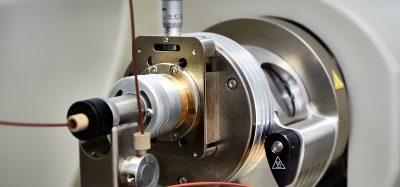New findings provide promise of targeted scleroderma treatment
Posted: 10 March 2022 | Ria Kakkad (Drug Target Review) | No comments yet
Researchers have discovered a biodegradable nanoparticle that could combat scleroderma, a rare autoimmune disease.


A study recently published in JCI Insight found that a unique macrophage, an immune cell that removes bacteria or dead cells, plays a key role in the chronic inflammation and scarring in the lungs and skin of people with scleroderma, or systemic sclerosis. The macrophage, called MARCO+, was found to be elevated in people with the orphan disease. This rare disease currently has no effective treatment.
In their research, the team injected mice with biodegradable poly lactic-co-glycolic acid (PLG) nanoparticles. They found that the PLG specifically targeted MARCO+ inflammatory cells and prevented lung and skin fibrosis. They also found that this treatment reversed fibrosis in the mice.
“The findings reveal a stark difference: untreated mice had terrible scarring in the lungs and those treated with this nanoparticle saw the disease decease in severity or completely disappear,” said Dr John Varga, senior author of the paper and chief of the Michigan Medicine Division of Rheumatology, US. “This is a promising step towards targeted treatment for patients with early scleroderma that could potentially mitigate the worst effects of the disease.”
The research team believes the MARCO+ cells become activated in people with scleroderma and circulate in the blood stream, travelling to the tissues and causing scar formation. While the PLG nanoparticle reduced fibrosis in mouse models, future studies are needed to determine exactly how it prevents the MARCO+ activation.
PLG is already approved by the US Food and Drug Administration for creating biodegradable stitches. In previous studies, the researchers found that PLG decreased inflammation in mouse models of myocardial infarction, but it is not currently available as a treatment for patients.
Related topics
Disease Research, Drug Discovery Processes, Molecular Targets, Research & Development, Therapeutics
Related conditions
scleroderma, systemic sclerosis
Related organisations
Michigan Medicine Division of Rheumatology
Related people
Dr John Varga








